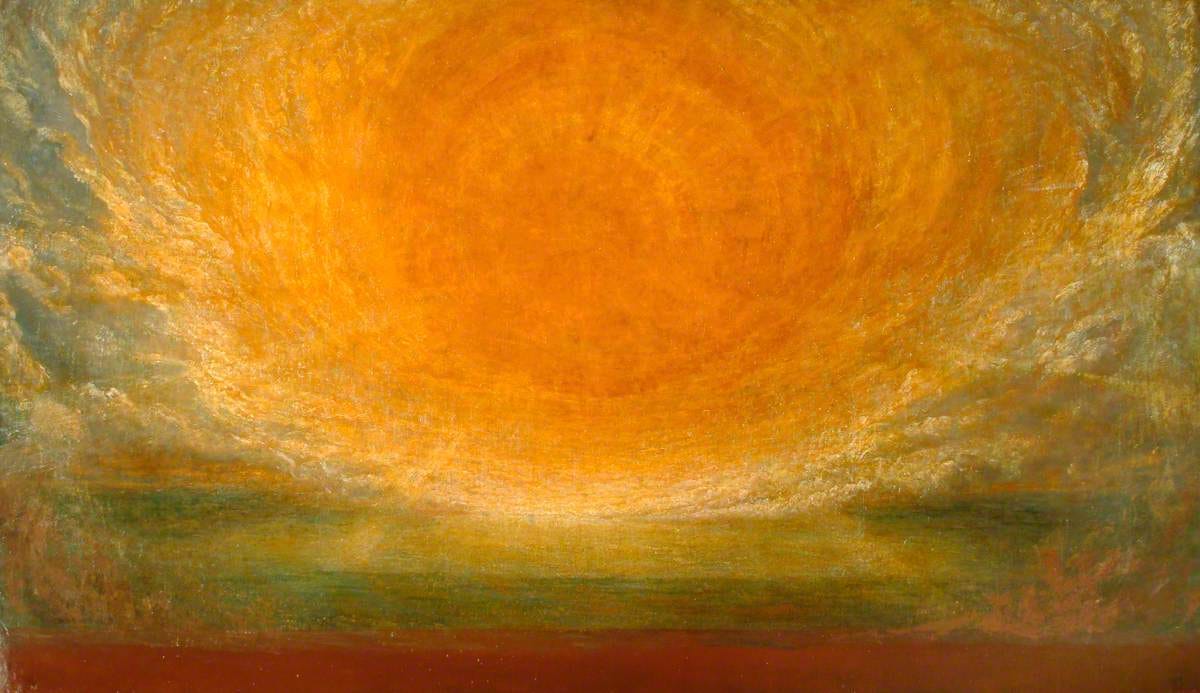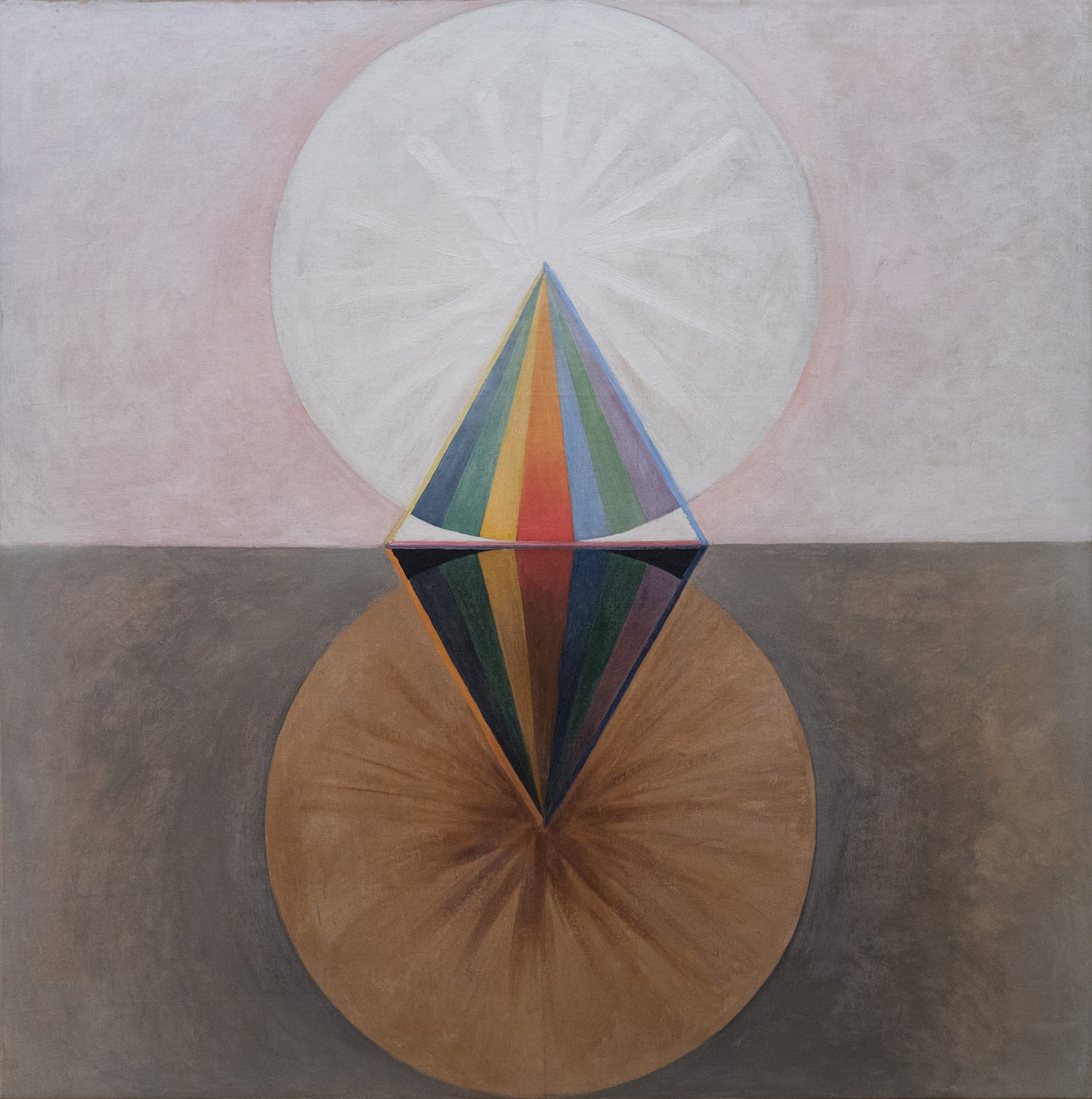DEEPEND
Ode #11 - Transcribed Poetic Dictation, O-Penned Ode
[What is there to say? We are in the deep end. And, in such a place, we depend on each other. Pending world unraveled; time undone. La ilaha illa allah, which opens the ode, is one of the most beautiful phrases I’ve met over my years. There is a wonderful quality to it — you can say it with your mouth closed. Silently or vocalized. The tongue can move behind the lips. Air can move without being expelled. “Wet your mouth with la ilaha illa allah”, it is said. Sometimes Americans forget that Islam has an estimated 2 billion faithful on this earth. I have seen an estimate that by around 2050, both Islam and Christianity will account for ~30% of the global population each. Then the growth of Islam will see it surpass Christianity to become the “largest faith”. The Quran identifies Allah as the very same God of Christ and of Moses, of Abraham — a “final” testament, as it were. Today, about 55% of the world recognizes more-or-less the same creator. By 2050, that will be over 60%. By 2070, close to two-thirds. The other third of the world is India and China (et. al.). What do we make of trends like this? What do you make of them? Where is the human species moving towards? What unexpected surprises await us, that could upend all of this story, of noticing such things? I anchor into 20 minutes of intentionally quiet sitting every day. I get as still as I can. And I notice~ ] Received 9/13/2025 | 4:55-5:05pm
Companion Missive #11 - IN~SIGNIFICANCE (7/6/2023)
Listen to the Recitation:
DEEPEND
La ilaha illa allah
Life is one brief moment between two great mysteries
"Allah" is open at both ends, with a short pose inbetween
Neither singular nor plural, nor feminine nor masculine
Christ is as dear to me as Moses, as Osiris
I sing Alláh-u-Abhá and hold the hundredth divine name
In the paradox of 99 wholes, I see one
And each one, a new one — wholly participle
Three steps down into the cold plunge, heat before
Heat after — pores open, secrete, shrink — heart
Races and slows and races; repeat
La ilaha illa allah: one does not negate the many
The many do not negate the one — known
By many names, all over and within; we know
The question betrays the answer: or presupposes
Water that is clear to the bottom, seen
Water that is murky, no base to be found
Above: boundless; below: infinite
Floating on our back, the horizon is ever-changing
Upright, the depths move about us, intertwining
Thin bodies weaving about our legs, kicking
Hands and arms waving, head above water
The storm passes and waves overtake us
Tumbling, we are taken down, breathless
The ecstasy and horror of oceanic turmoil
Small plankton attach to our gills and we revolve
About the sun, about the supermassive black
Light and dark, Dark and light unending
An oar appears — there is no struggle
Wide enough to reach the stars, reflecting
On the shifting points, b[l]ending and refracting
Through orb to orb, sphere from sphere
A square becomes still, bobbing cork, eyes
Closed to the unfurling instant: the bottom takes shape
Firm beneath feet, one is ashore
Not breathing — the ground disappears and one falls
Back, into the sea of stars. Now calm,
Still — square and sea still — the line becomes round
And the vessel, hollow
Filled with everythingness, the way unmakes itself
Into a graven image, an idol in the dark
On a throne of light: one joins the image
To the idea, a single thought emerges
And the idleness — alive with the breath
Chasing something which can never be found
For it was never truly lost.
* “b[l]ending” was originally transcribed as ‘bending’, but pronounced more like ‘blending’ in recitation — so I decided to include the ‘l’ bracketed




